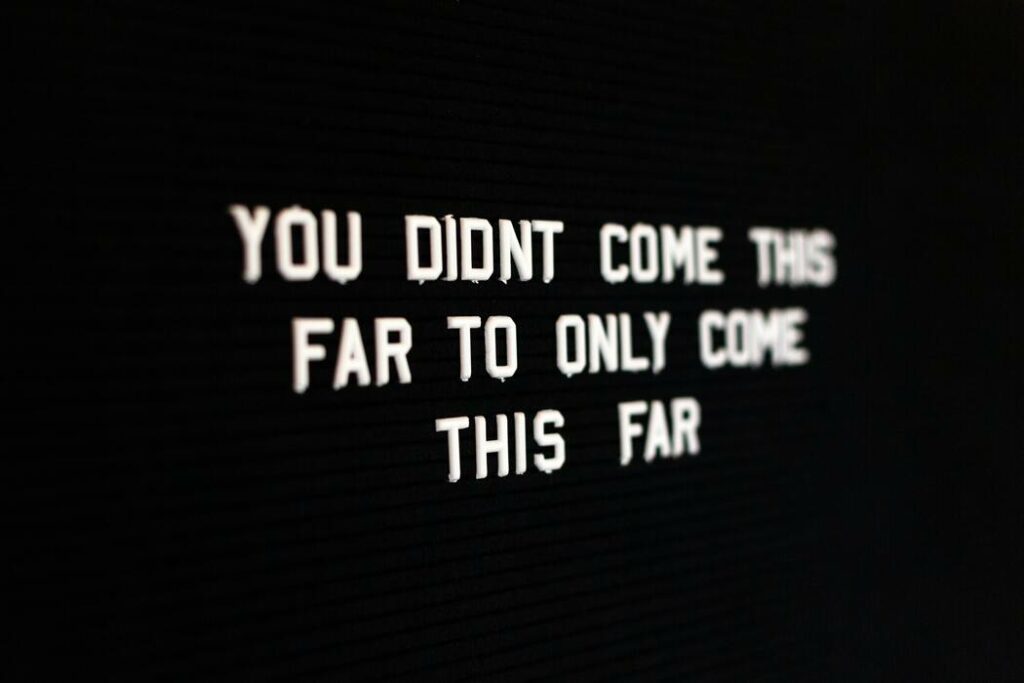Team culture is something that could be easily neglected and overseen by managers and employers, but it’s crucial for the success of a company.
No matter the scale of the business venture, whether on-site or remote.
Because team culture determines the employees’ attitude towards every aspect of the job and, therefore, there should be clear guidelines for everyone to follow.
In this article, we’ll first explain the concept of team culture and why it is so important.
Then, we’ll provide the curious readers with 9 simple but efficient steps toward building an effective team culture:
What is team culture?

To explain the concept of team culture, we’d like to make an analogy between a company and a human being.
Every person has a value system that determines their ethical beliefs and intentional behavior. Their values are the core of their thoughts, perceptions of the world, ambitions, and actions.
People with different value systems operate differently in the world and that determines their role in society. Similarly, a company needs to have a value system; aka team culture.
The team culture will influence the company’s business model, its goals, and the efficiency of the employees.
Why?
Because the team culture will guide every member of the company through how to act within the business field, where their priorities should lie, and how to execute their work obligations efficiently.
According to Forbes, such a common understanding of shared values and goals facilitates teamwork and blends different personalities into pursuing the same objectives.
Table of contents
- What is team culture?
- Why is team culture so important?
- 1. Brainstorm and define your team values
- 2. Learn from how others do it
- 3. Elaborate on how the theoretical should be done in practice
- 4. Be an inspiration to the others
- 5. Let everyone know what’s expected from them
- 6. Provide the tools needed
- 7. Never stop developing and upgrading your team culture
- 8. Create a companywide sense of responsibility
- 9. Value employee feedback
- How to build an effective team culture – answered
Why is team culture so important?
If you already had the chance to read some of the interviews we’ve made with our team members, you may know that 3veta’s co-founding team are not merely co-workers but a family (literally brothers, sisters, husbands, wives, best friends).
Thanks to that, it’s been easier to form a shared identity and purpose; the two most important factors for higher engagement and retention of employees and clients.
However, not every company is that lucky. Most of the managers and their teams, especially if the work model is remote, have never met each other.
This means that collaboration is more difficult, employees might not be equally engaged in the company, and some might experience a loss of motivation which leads to lower productivity.
To avoid that and develop better unity and companywide responsibility, a strong team culture should be cultivated.
But how?
1. Brainstorm and define your team values

The first step is to think of the message that you’d like to convey to all your employees and customers.
As a company leader, you get to decide on and structure the values your workers should embody.
What should be the number one shining quality and priority of your brand? It could be something along the lines of honesty and openness, fairness, positivity, service, learning, or assistance.
You should consider the field of your business and its needs before choosing because you may want to be all of these things but focusing only on a couple of them would make a difference.
Also, depending on your company size, you may consider asking your employees for their opinion on what would help them foster strong team synergy.
2. Learn from how others do it
There’s no need for you to come up with an entirely new and original team culture. You can simply observe what works for others and personalize it according to your needs.
Companies that operate within the same business field often share the same problems and you can easily see how to solve an issue by taking note of how someone else has done it.
It’s neither forbidden nor wrong to be inspired by organizations that have proven to be successful on the market and you deem them worthy to be looked up to.
On the contrary, this practice could help you find the best team culture techniques for your company by establishing your own team-building procedures based on already proven tactics.
3. Elaborate on how the theoretical should be done in practice
Once you’ve settled your values, it’s time to provide employees with clear examples and an overview of how these values could be incorporated into their daily practices.
For instance, if think it is important to incorporate the notion of openness in all your business activities, what does that mean for each team?
People working with clients should be transparent in everything they do and answer truthfully every question a customer has. There should be no weaseling, no hidden terms and conditions, and no undiscussed actions taken.
But what about your marketing team? Your designers and your HR specialists?
Provide specific examples and guidelines for every team according to their functions in the company. Be as specific as possible.
4. Be an inspiration to the others
As a leader, your employees will follow your example, so make sure to hold yourself to a higher standard.
Let your self-discipline, enthusiasm, and determination be seen, and encourage the members of your company to do their best as well.
It’s crucial to provide them with direction and useful feedback should they have any doubts or questions. No matter if synchronous or asynchronous, they need to receive feedback! After all, everyone has to figure out for themselves how to integrate their skills with shared values.
And if you are altering an already established company culture, be patient. It’s unrealistic for everyone to adjust over a night.
5. Let everyone know what’s expected from them

In every company, there are a few rules that every employee should follow and always keep in mind. They help for the prevention of complications, disagreements, tensions, and failures.
The foundation of a healthy team lies within the high morale of a company.
So managers should establish boundaries to ensure that everyone is keeping office-appropriate behavior.
Employees should be encouraged to be honest with each other at all times. They should feel personal accountability for every task they undertake.
The level of their professional commitment should be in a reasonable range; you wouldn’t want to set an expectation for your new hires to become workaholics, but you wouldn’t want them to be indifferent to the company’s problems either.
Sincere conflict resolution should also be an important topic of conversation, since holding a grudge against a co-worker is not a good sign.
6. Provide the tools needed
No matter if your team is fully online or still hangs around the office, you are expected to provide them with the tech equipment and the tools needed to communicate efficiently.
💡Example time
Your team deserves better tools to do their job. For instance, if you want them to communicate and collaborate better, one idea is to use modern communication tools. They can not only improve their workflow but can also build team culture through branding. Imagine adding your company logo to all video meetings – this is the kind of stuff that builds culture.
However, you might also need collaboration tools for storing and working on shared documents and files. Or customer service software that will automate and facilitate employee-client interaction.
Training and further skill development on topics related to team culture are also equally essential to both team leaders and workers.
7. Never stop developing and upgrading your team culture

The process of building your team culture is not a one-time thing. It needs continuous reinforcements and upgrades that will motivate your team and remind them of your goals.
Most entrepreneurs rely on team-building activities to maintain a healthy dynamic.
For instance, off-site lunches for launching new projects could result in greater excitement and better motivation because employees will have something pleasant to look forward to.
Suggesting group involvement in local charity events is another way to prompt your colleagues to form better bonds with each other. In all likelihood, people united in the name of a greater cause will become closer.
If you want to involve even more people in your activities, you can host employee family events that will allow family members to get acquainted with the work environment of their loved ones.
And last but not least, one-on-one mentoring could also play a crucial part in how well employees take in the company’s team culture. Make sure to provide them with the chance of addressing any in-house issues or questions.
8. Create a companywide sense of responsibility
We’ve said it before but it has to be highlighted once more; caring for the company makes the difference.
An employee unaware and untouched by the issues or ambitions of their workplace cannot use their full capacity to contribute to the company.
Good business means ensuring that every person is concerned about their teammates’ well-being, success, career development, and fulfillment of duties.
This way workers will help each other and hold each other accountable in case something goes wrong.
Make sure that your employee handbook encourages acts of kindness and compassion not only between colleagues but also towards clients.
Such practices extremely decrease stress levels and hostile experiences which create negative attitudes and impressions.
9. Value employee feedback
If you’ve introduced a new team culture, make sure to ask what your team members think of it.
Sometimes things look very nice on paper and they sound as if nothing can go wrong but the results are far from what you expected when it comes to employing everything in practice.
Your company’s current reality might not allow your employees to complete certain tasks well enough and that’s okay. You just have to adjust your expectations according to the employee feedback as much as possible.
After all, your team culture should serve your company well and help both customers and employees thrive – not make everything harder for them.
How to build an effective team culture – answered
From core values and beliefs to employee feedback and a sense of responsibility, building an effective team culture should not be done as an obligation, but as a way of creating a suitable working environment.
But ensuring that everyone is feeling safe, appreciated, and worthwhile will be the ultimate inducement of productivity and success to your remote team.



